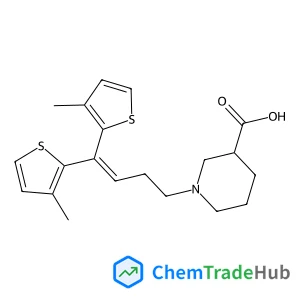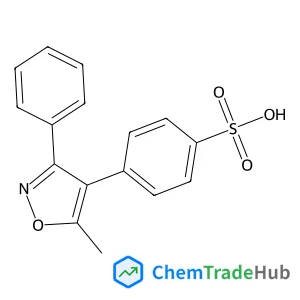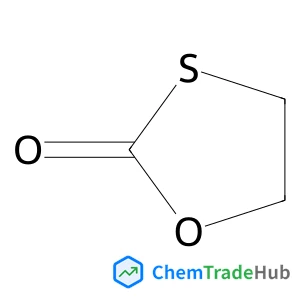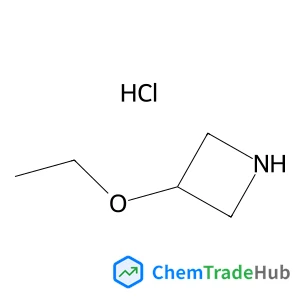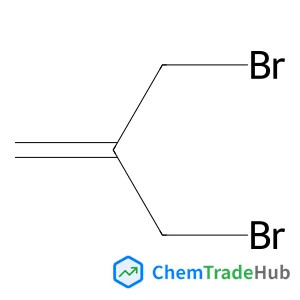In silico and in vitro analysis of FAK/MMP signaling axis inhibition by VO-clioquinol in 2D and 3D human osteosarcoma cancer cells
文献信息
Lucia M. Balsa, Patricia Quispe, Enrique J. Baran, Martin J. Lavecchia, Ignacio E. León
The study of novel mechanisms of action of vanadium compounds is critical to elucidating the role and importance of these kinds of compounds as antitumor and antimetastatic agents. This work deals with in silico and in vitro studies of one clioquinol oxidovanadium(IV) complex [VO(clioquinol)2], VO(CQ)2, and its regulation of FAK. In particular, we focus on elucidating the relationship of the FAK inhibition, MMP activity and antimetastatic effects of the complex in human bone cancer cells.
相关文献
IF 6.222
Front coverIF 6.843
Increasing efficiency of perovskite solar cells using low concentrating photovoltaic systemsIF 6.367
Tessellation strategy for the interfacial synthesis of an anthracene-based 2D polymer via [4+4]-photocycloadditionIF 6.222
Nickel-containing N-doped carbon as effective electrocatalysts for the reduction of CO2 to CO in a continuous-flow electrolyzerIF 6.367
Sensitive and specific detection of tumour cells based on a multivalent DNA nanocreeper and a multiplexed fluorescence supersandwichIF 6.222
From Douglas fir to renewable H2-enriched syngas via ex situ catalytic pyrolysis over metal nanoparticles–nanocellulose derived carbon catalystsIF 6.367
A new neodymium–phosphine compound for supercapacitors with long-term cycling stabilityIF 6.222
MnO/C cubo-polyhedrons derived from α-MnO2@ZIF-8 as anode materials for high-performance lithium-ion batteriesIF 6.367
Front coverIF 6.222
来源期刊
Metallomics

Metallomics publishes cutting-edge investigations aimed at elucidating the identification, distribution, dynamics, role and impact of metals and metalloids in biological systems. Studies that address the “what, where, when, how and why” of these inorganic elements in cells, tissues, organisms, and various environmental niches are welcome, especially those employing multidisciplinary approaches drawn from the analytical, bioinorganic, medicinal, environmental, biophysical, cell biology, plant biology and chemical biology communities. We are particularly interested in articles that enhance our chemical and/or physical understanding of the molecular mechanisms of metal-dependent life processes, and those that probe the common space between metallomics and other ‘omics approaches to uncover new insights into biological processes. Metallomics seeks to position itself at the forefront of those advances in analytical chemistry destined to clarify the enormous complexity of biological systems. As such, we particularly welcome those papers that outline cutting-edge analytical technologies, e.g., in the development and application of powerful new imaging, spectroscopic and mass spectrometric modalities. Work that describes new insights into metal speciation, trafficking and dynamics in complex systems or as a function of microenvironment are also strongly encouraged. Studies that examine the interconnectivity of metal-dependent processes with systems level responses relevant to organismal health or disease are also strongly encouraged, for example those that probe the effect of chemical exposure on metal homeostasis or the impact of metal-based drugs on cellular processes.
推荐供应商
 昂得生化科技(上海)有限公司
昂得生化科技(上海)有限公司 深圳优越昌浩科技有限公司
深圳优越昌浩科技有限公司 biotronix GmbH
biotronix GmbH AstroNova GmbH
AstroNova GmbH WEVO-CHEMIE GmbH
WEVO-CHEMIE GmbH Alkem de México,SA de C.V.
Alkem de México,SA de C.V. 广州市耿达贸易有限公司
广州市耿达贸易有限公司 霸州路德精细化工有限公司
霸州路德精细化工有限公司 新昌县康宁胶囊机械配件有限公司
新昌县康宁胶囊机械配件有限公司 浙江华晟化学制品有限公司
浙江华晟化学制品有限公司










